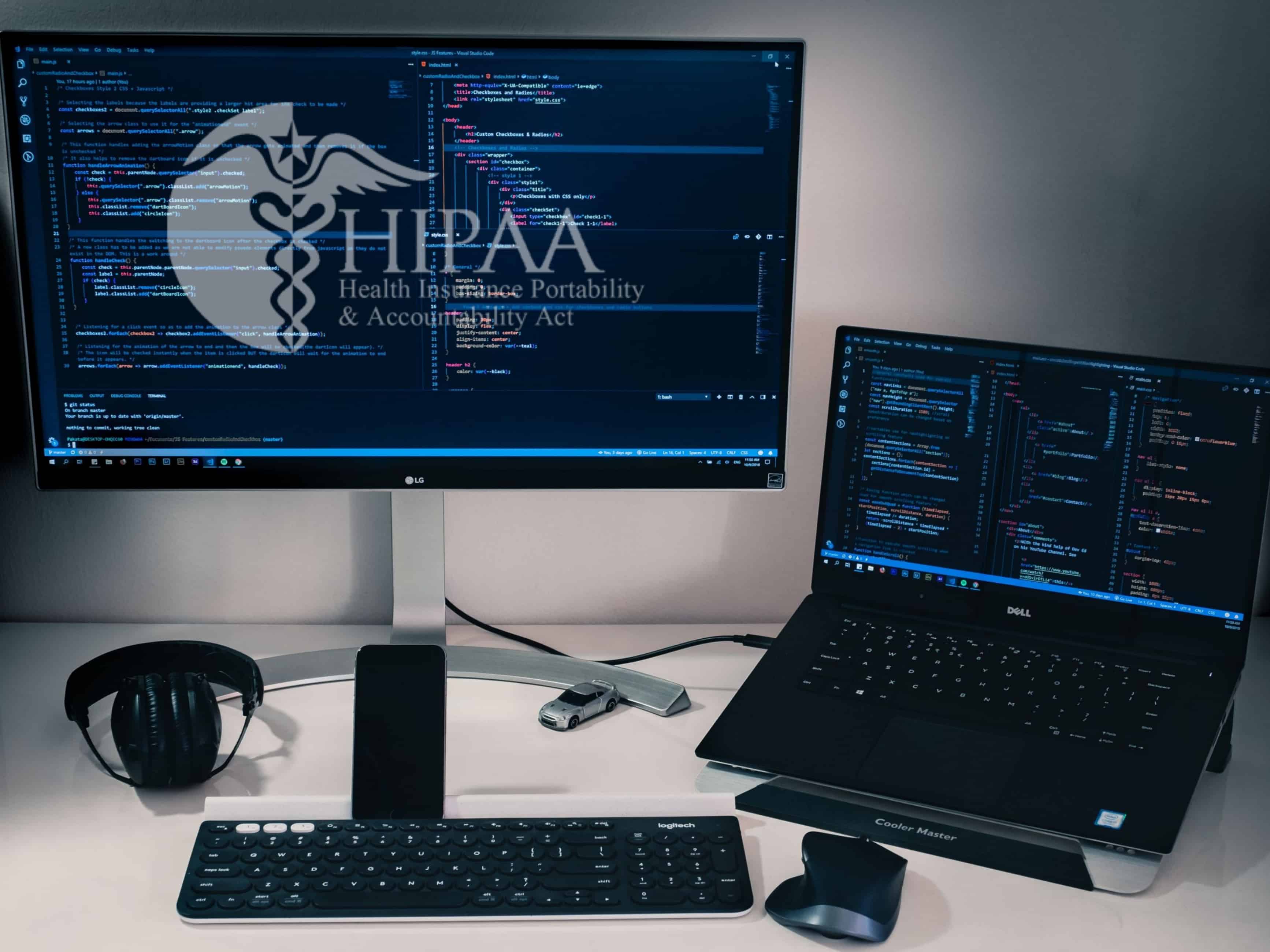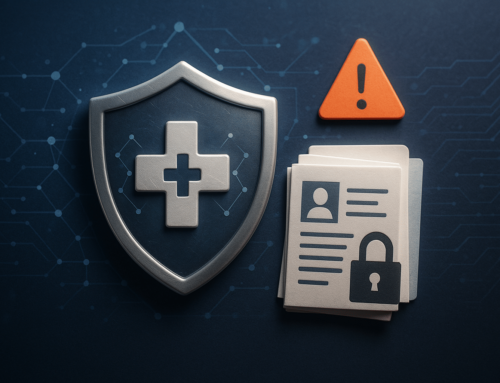If you’re a Managed Service Provider (MSP), you know that business depends upon your reputation. The MSP tools that you use to manage your clients effectively while maintaining the security and privacy of their data are vital to maintaining that reputation.
That’s especially true when working with organizations required to be HIPAA compliant. How does that affect the MSP tools you use to support them?
HIPAA Compliant MSP Tools: The Basics
MSP tools can control everything from virtual machine (VM) management and database administration to application and server monitoring. They can also help MSPs oversee IT infrastructure. MSP tools are valuable, but not all tools are created equal, especially when considering HIPAA requirements.
HIPAA regulations specifically address the privacy and security of protected health information (PHI) in physical or electronic (ePHI) formats. This includes the access, release, use, control, storage, and destruction of this data.
There must be a “chain of compliance” linking every organization possessing PHI or ePHI. In other words, everyone that handles that information must be able to prove that their organization is HIPAA compliant – from the healthcare provider that creates the information through the shredding company used to destroy out-of-date printed records.
The Department of Health and Human Services (HHS) Office for Civil Rights (OCR) is responsible for enforcing violations of HIPAA’s rules and determining penalties for those violations. Organizations that cannot prove they have an effective HIPAA compliance program can be subject to astronomical fines.
The Advantages of HIPAA Compliance
The most obvious reason to become HIPAA compliant is to avoid possible fines and violations. But there are many hidden advantages to compliance, especially for businesses in the MSP space.
First, if you have clients in the healthcare industry or want to enter that vertical, being HIPAA compliant is more than a differentiator – it’s your ticket to get into the game.
Remember, the regulations require the “chain of compliance” whenever PHI comes into play. Covered entities (like medical providers and insurance companies) must use vendors (business associates in HIPAA-speak) that are HIPAA compliant.
For example, the HIPAA Security Rule demands that ePHI be encrypted during transmission and at rest. If a doctor’s office needs this service, they must use a HIPAA compliant vendor to provide this service.
Another advantage of compliance is the ability to limit exposure in the event of a breach somewhere in the chain. The vendors you use to provide services for your clients must also be HIPAA compliant. They have to undergo the same process you do.
Before any PHI or ePHI is transferred, HHS requires a signed business associate agreement outlining expectations and responsibilities. If your business associate makes a mistake that results in a breach of PHI, it can help demonstrate where the liability should rest.
Finally, if you earn your compliance through Compliancy Group, you can benefit from our Partner Program. After you experience the compliance process with our team of dedicated Compliance Coaches and use our web-based software “The Guard” to track and verify your own compliance, you can then offer that service to your clients who need it. We provide sales support and let you control the transactions and interactions with your clients.
In a recent interview with an MSP security specialist, he reported that upwards of 90% of small to mid-size companies his company meets with who think they are HIPAA compliant actually do not meet the government’s standards. Our Partner Program provides the opportunity to help your clients while adding an annually renewable offering to your list of services.
Do Your Tools Measure Up?
By now, you may have guessed our advice regarding the MSP tools used by your organization. If you are attempting to achieve or maintain compliance, any tools you use that interact or control ePHI must be HIPAA compliant themselves.
Furthermore, the makers of these tools must be willing to sign a BAA or have a BAA posted on their website (like Microsoft). After that, you must be sure that you are using the HIPAA compliant versions of these tools and that you have deployed them in a manner that maintains the privacy and security standards set by the HIPAA regulations.
Achieving HIPAA compliance doesn’t have to be a cumbersome undertaking filled with dread. We are here to guide you through the process that will protect your company while opening the doors to new customer opportunities.











